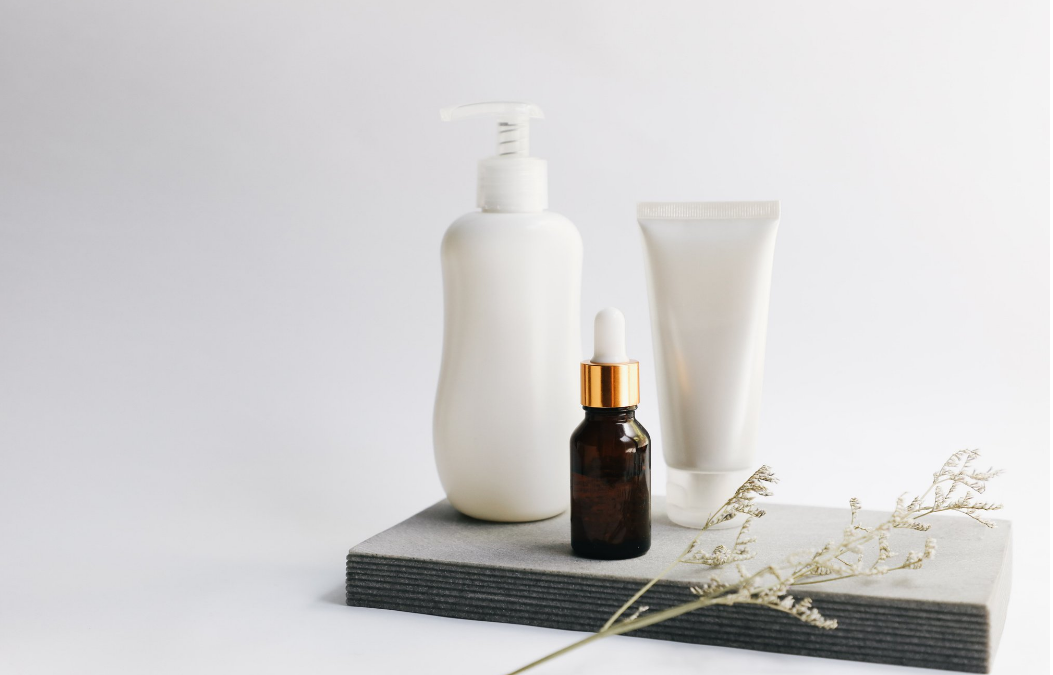This post may contain affiliate links. Please read my website terms.
Health is more than what eat and the exercise we do. The toxins we are exposed to daily can also have a significant impact on our health. Toxins are found in the air we breathe, the water we drink, and the cleaning and beauty products we use. By increasing our awareness and being mindful of the products we are choosing, we can take steps to improve our health.
Common environmental toxins:
- Bisphenol A, BPA, is commonly used in the manufacture of plastics and exposure typically occurs when it leaches from food and beverage containers. BPA has been shown to interact with estrogen receptors in the body and may be associated with infertility, breast and prostate cancer, and polycystic ovary syndrome (PCOS).
- Phthalates are another type of chemical used in the manufacture of plastics and are classified as endocrine disruptors. Phthalates are thought to contribute to reproductive, thyroid, immune and metabolic health conditions.
- Parabens are chemical preservatives used in foods, cosmetics, and pharmaceuticals. Parabens are absorbed through the skin and have been found in body fluids and breast tissue. Parabens have estrogenic effects and are thought to be associated with breast cancer.
- Heavy metals such as arsenic, lead, cadmium, mercury, and aluminum can be found in our food, water, and environment. Heavy meatal toxicity has been associated with cancer, kidney damage, tremors, and memory among other health concerns.
Our liver serves as a detoxification system for our body, neutralizing and removing toxins. However, overexposure or accumulation of toxins has been associated with health conditions, such as autoimmune disease, cancer, obesity, and diabetes. A gut health check-up, with an assessment of the gut microbiome, can provide insight into the efficacy of the body’s detoxification system. If potential detoxification concerns are noted, toxins should be identified and eliminated along with providing liver detoxification support. Certain probiotic strains can also reduce pathogenic toxins and heavy metal exposure.
Ways to decrease exposure to environmental toxins:
- Substitute plastic water bottles and cups with glass or stainless steel. Instead of storing food in plastic containers, use glass contains like these from Ello, especially for any hot foods or anything you will be reheating.
- Choose personal care products including shampoo, lotion, and cosmetics that are paraben and phthalate free.
- Select non-toxic cleaning and laundry products. Consider antimicrobial essential oils such as tea tree oil as a natural and safe alternative.
- Use a water filter to remove toxins such as heavy metals from water.
- Avoid exposure to cigarette smoking including secondhand smoke.
Avoiding toxic exposures is essential to achieving optimal health and wellness but is difficult to achieve in our modern society. To find out more about eliminating toxins and supporting your body’s detoxification system, book a discovery call today.
References:
Environmental Toxins & Your Health | Fullscript
Environmental Toxicants: A Risk Factor for Neurodegenerative Diseases | The Institute for Functional Medicine (ifm.org)


Thank you so much!